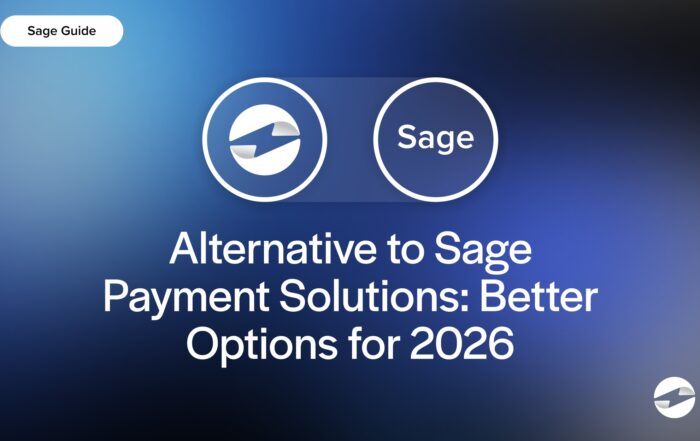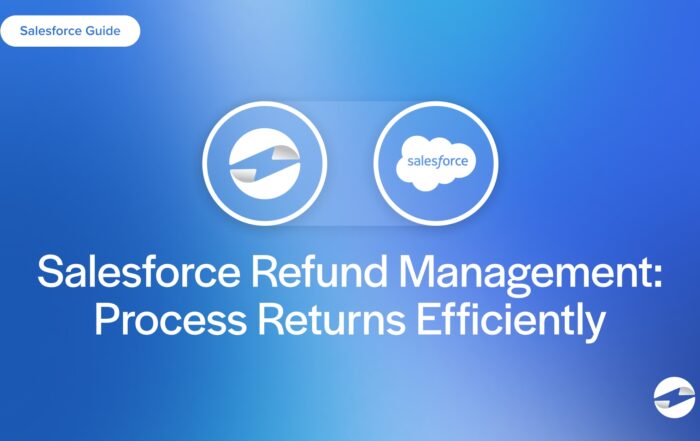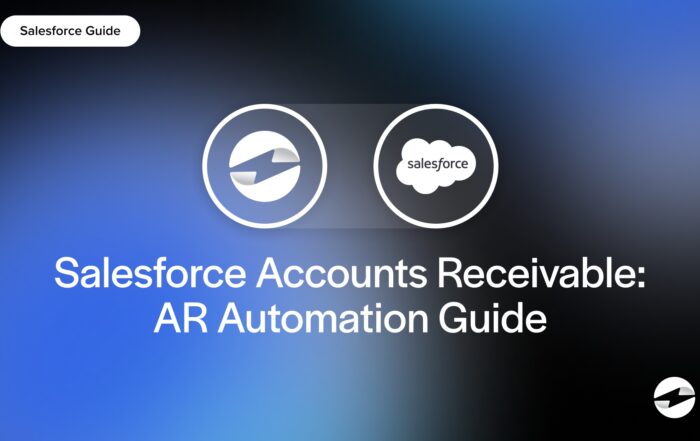What is secure socket layer (SSL)?
Secure Socket Layer (SSL) is a security protocol that encrypts data between a customer’s browser and a website. It protects sensitive information like credit card details from cyber threats. In payment processing, SSL is key to securing online transactions by preventing hackers from intercepting or altering payment data.
If you’ve ever seen a padlock icon in your browser’s address bar while shopping online, that’s SSL in action. Websites with “https” (instead of just “http”) use SSL to encrypt information, making online purchases safer for customers and businesses alike. Without SSL, financial data is vulnerable to attacks, increasing the risk of fraud and identity theft.
Key Points
- SSL encrypts sensitive data like credit card details during online transactions, so it’s safe from hackers and fraud.
- SSL is required for PCI compliance and customer trust, so it’s necessary for any business that accepts online payments.
What does secure socket layer do?
SSL creates a secure, encrypted connection between web browsers and servers. Here’s how it protects credit card payments:
- Encryption – SSL scrambles credit card numbers, names, and addresses so unauthorized parties can’t read the information.
- Authentication – It verifies a website is legitimate, so users can’t enter payment details on fraudulent sites.
- Data Integrity – SSL ensures data isn’t altered during transmission, making transaction details accurate and secure.
For example, when a customer enters their credit card information on a payment page, SSL encrypts the data before it’s sent to the payment processor. The credit card information is turned into unreadable code that looks like meaningless gibberish to everyone except for the intended receipt. Even if a cybercriminal were to intercept the data, they would not be able to use it. Customers shopping on a payment page with SSL can have peace of mind knowing their important information is protected.
In today’s digital world, SSL isn’t optional—it’s a requirement. Businesses that accept online payments must use SSL certificates to comply with PCI DSS (Payment Card Industry Data Security Standard). Without SSL, websites are vulnerable to attacks, resulting in lost revenue and reputation damage.
If you’re an online merchant, make sure your payment processor supports SSL encryption to secure transactions and maintain customer trust.
You May Also Like
Alternatives to Sage Payment Solutions: Better Options for 2026
Read More
Read More
Read More
Read More



